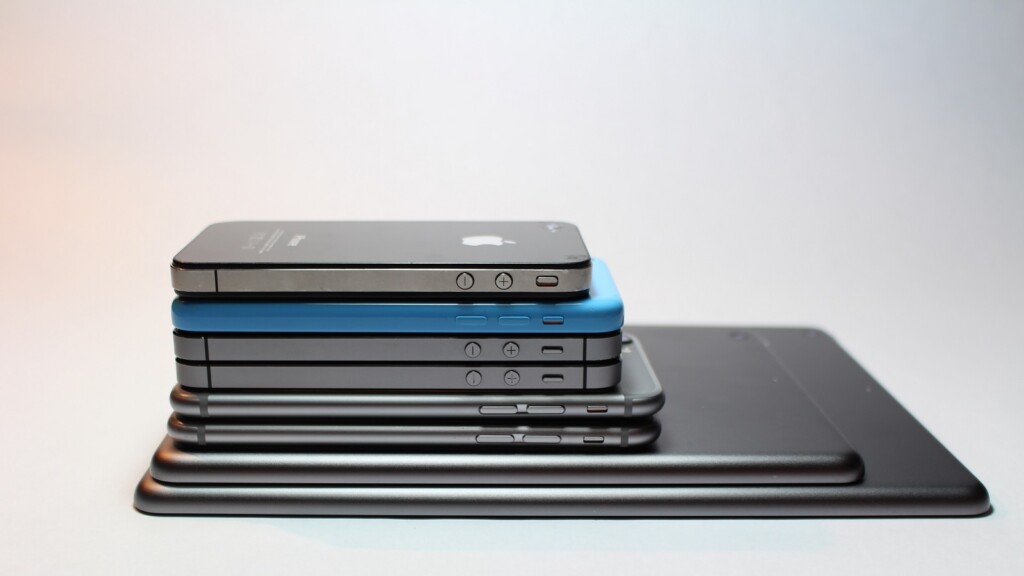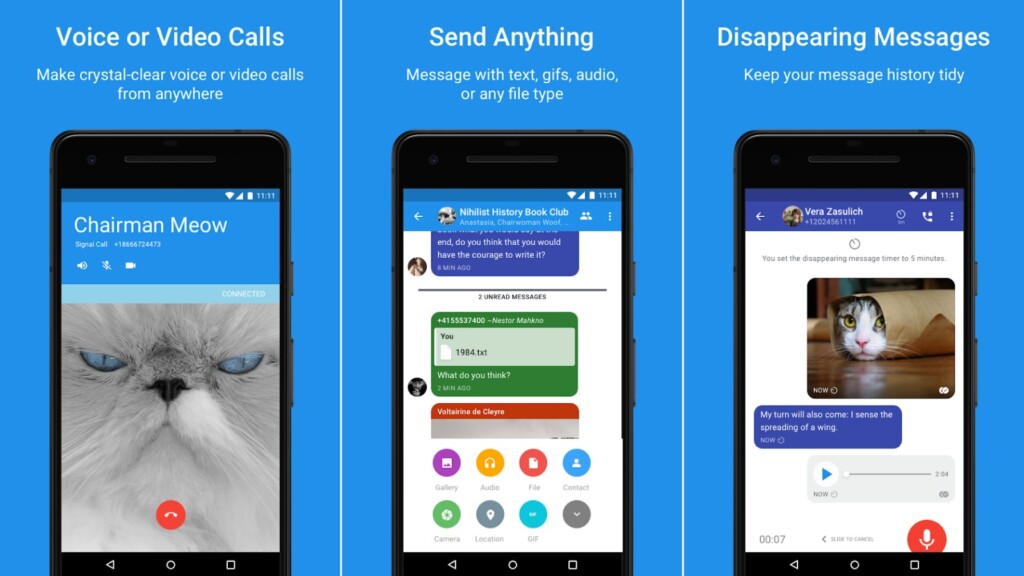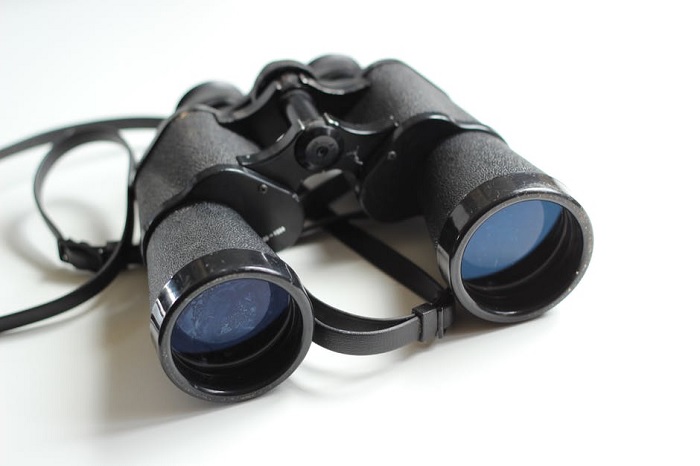
How to Live Like a Spy for Maximum Privacy?
Every nation has an intelligence wing of some sort. The USA has the CIA. Britain has MI5 and MI6. Spies have to live a life of privacy. They have strict compartmentalization of their private, public and professional lives. There’s a lot the life of a spy can teach the rest of us about maintaining better levels of privacy. While we will probably never know the true extent of spycraft when it comes to protecting their own information, I have found a few key tips and principles while looking into these enigmatic individuals. Based on that, here are some practices that will help you live more like a spy.
Blend In
While the main goal of a spy is to gather intelligence, of equal importance is that they protect their own identity. That's exactly what we want to do in order to protect our privacy.
A spy's main tool against allowing their identity being outed is simply blending in. If you don't draw the attention of others, then no one is going to bother digging up information about you.
Fading into the background takes on different meanings depending on the context. In real life, it would mean dressing and act in a way that does not make you stand out from the crowd. It means driving a forgettable car and making sure you don't have any distinguishing features visible. Such as tattoos.
Online it can have a similar meeting. If you must have a social media profile, set one up that doesn't look special in any way. Fill it with information that's plausible but largely meaningless. The main reason to want such a profile is to get access to resources, not share anything about yourself.
Encrypt Your Data
Modern intelligence has no greater friend and enemy than digital encryption. When done right, modern encryption is unbreakable. No amount of money or manpower will make a difference. So you should adopt the idea that all your data should be encrypted.
Encryption simply means that your digital data has been scrambled using some very sophisticated mathematics. Without the right key, it is virtually impossible to decode the information.
Most smartphones, laptops, tablets and desktop computers let you encrypt all the storage built into them in one go. You can also encrypt folders, thumb drives, optical disks, and external hard drives. Get into the habit of encrypting your data and you won't have to worry about anyone getting into your personal information again.
Lock Every Device
A good dose of paranoia is a spy’s best friend. You should treat every possible path into your personal information as one that someone is going to take advantage of.
That means having at least some level of security on your assets. Your phone, your tablet, laptop, desktop all of it. Password protect things that have the facility. Whenever you are not actually using one of your devices, lock it down.
Don’t use an admin account as your primary user account on your computer. That will prevent someone from installing spyware. Set a BIOS password to prevent boot-based workarounds. And, as I just mentioned above, encrypt all drives. Work to develop the habit of locking your devices the second you don’t have your eyes on them. Finally, don’t make use of biometric or pattern-based unlocking methods. Use a strong code or password only, with two-factor authentication whenever possible.
Use Software like Tor and Signal
Intelligence networks can only work properly if the different nodes on the network have a way to communicate with each other without actual information or identities being compromised.
There are many great tools out there that let you do this. For example, the Tor Browser is an intricate peer-to-peer network where communication is wrapped up in multiple layers of encryption. So if you want to communicate anonymously it's almost impossible for anyone to intercept or identify you. You can use the Tor Browser for any type of web browsing, but if you only want to send messages securely, consider something like Signal Private Messenger, which is considered one of the most secure communication apps in the world.
Practice a Cover Story
It stands to reason that if you are a spy, you can’t go around telling people what it is you do for a living. So any intelligence operative needs a plausible cover story because it’s perfectly normal for people to take an interest in the details of your life.
Now, I’m not suggesting you go full CIA and lie to everyone about what you really do for a living or where you work, but you need to think carefully about who you give that information to.
If you’re commenting on an article or having a forum discussion, don’t give people fishing for info the sort of thing that will allow them to dox you.
Learn to Observe and Analyze
Intuition, observation, and analysis are core to being good at intelligence work. You need to cultivate a sense of when something just isn’t right.
Both in real life and on the internet, you will often face situations where someone will try to press you for information by manipulating you or misrepresenting themselves.
Spies learn to continuously observe what's happening around them. Is something out of place? Are people acting strangely? This is the sort of skill that will help prevent privacy leaks when someone contacts you while pretending to be someone else. Observation and analysis is a powerful defense against a common hacker technique known as social engineering.
Don't Tie Yourself Down
If you want to be in a position to protect your own privacy, then some sacrifices will always be needed. You need to be prepared to walk away from something and sever all ties if your privacy is under imminent threat.
In the context of online interactions, it means staying away from permanent accounts such as Facebook or Twitter. Alternatively, you can use social media anonymously. Whenever things start getting too hairy, bail on that account and go to another. Compartmentalize your email addresses to stop your various online presences from being connected to each other.
In real life, it is of course much harder to just pack up and move somewhere else, but you could try to avoid establishing patterns. Such as going to the same place every Friday night. Try to be less predictable and to keep an eye on your habits. Humans are creatures of habit and someone who wants to get into your personal information in real life will take advantage of that fact.
Erase Yourself From the Web
Using the modern internet is a privacy nightmare if you don’t know what you are doing. Just visiting a website means that you are leaving breadcrumbs for someone with the right knowledge to follow. Most people even do this explicitly. If you put the name of a person you know into Google, you’ll probably find all sorts of highly-sensitive info about them. Photographs of them at home, at work or anywhere else for that matter. Details about their education and family life. Tons of information that can be used to compromise your private life.
The good news is that you can limit and even erase your presence on the web. The bad news is that this can be a long and involved process. Especially if you've left a big mess to clean up!
In Europe, there are strong legal tools such as GDPR that will help you wipe things from the net you'd rather not have out there. Even without that boost, we've written about many ways you can delete yourself from the web.
The Privacy Mindset
In the end, this isn't about actually living like a spy. It's about using the concept of intelligence work as a frame for your mindset. Privacy isn't something you do and then move one. It's a way of looking at the world. Think of it as putting on your privacy glasses and seeing things from a different perspective. If you can integrate some of these viewpoints and habits in your day-to-day life, then you can also enjoy a safer, more private existence. Even if your name is not Bond, James Bond.
What do you think about our tips to live like a spy? Let us know in the comments below. Get instant updates on TechNadu’s Facebook page, or Twitter handle.














